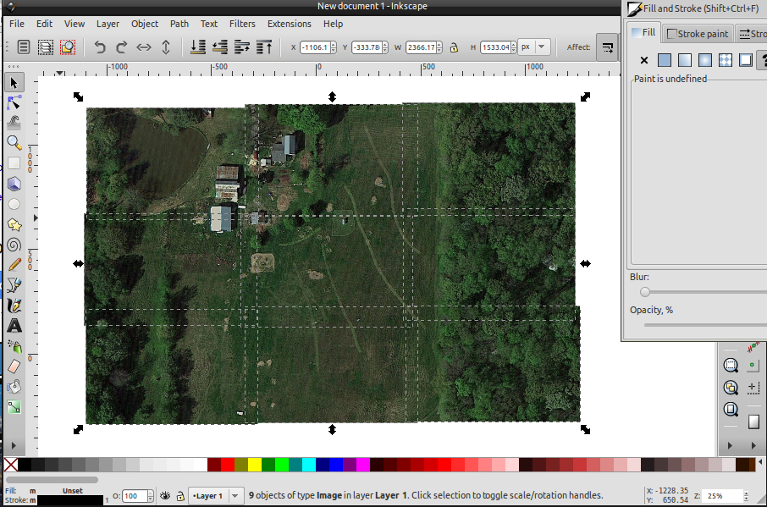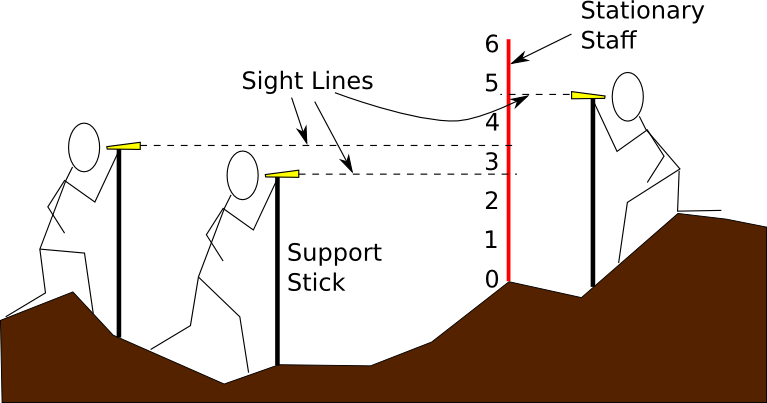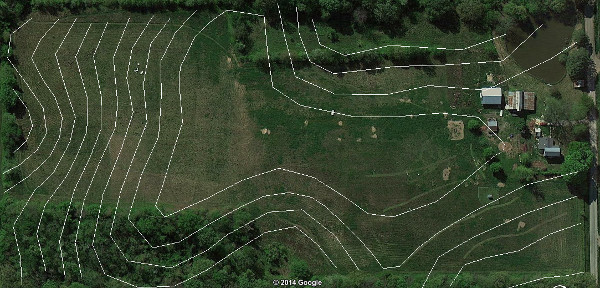
I just watched my copy of The Permaculture Orchard, and I was extremely impressed. This is a very well put-together film about how to make a commercial scale orchard (or smaller if you want, the same ideas apply) using permaculture design principles. The presentation was great, and it clearly comes ...



